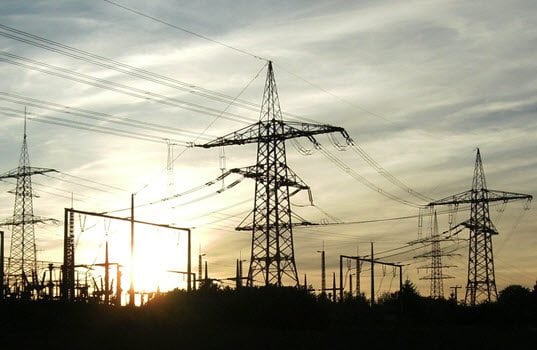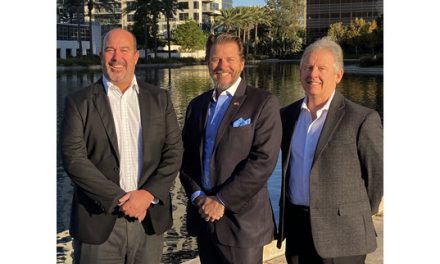By Joe Petrowski
Our next energy crisis will not be transport fuels or home heating oil, but power prices. I expect to see in in the next year a bevy of reporters standing in front power towers, electric meters or similar back drops speaking in a solemn but frantic way about rising power prices, and the burden it puts on average families and small businesses.
The average family uses 15,000 kilowatt-hours per year, and spends about $2,500 per year, including taxes, at the current national average rate of $0.11/kWh. A convenience store, retail fueling site or oil terminal spends between $1,000 and $6,000 per month depending on, of course, hours, lighting and refrigeration. Small businesses and industrial operators spend more, but they usually have already negotiated lower rates or self-power. How high prices will go is hard to estimate (I believe 50%), but the direction of up is an easy call.
- We are closing coal plants.
- We are decommissioning several nuclear plants.
- We are adding expensive green resources like wind and solar.
- Power usage is surging (flat screen TVs, data centers, etc.).
- NIMBYs are delaying new power plant construction, new pipeline development and high kV line interconnects.
- Natural gas has bottomed and while production will remain robust and prices sub $4/MMBtu the development of 2 important new markets—transport and export—will keep upward pressure on price or prevent a price collapse.
As noted, the national average price is $0.11 /kWh (higher for small users and lower for larger classes). Some state averages are:
- California $0.16
- Hawaii $0.34
- Connecticut $0.17
- Massachusetts $0.15
- Rhode Island $0.16
- New Jersey $0.14
- New Hampshire $0.16
- District of Columbia $0.13
- Delaware $0.11
- Maine $0.13
- Maryland $0.12
- Florida $0.11
- Ohio, Minnesota and Georgia $0.10
It is still possible to fix three-year power prices at $0.06/kWh in many places—which is highly recommend. Get knowledgeable; get covered.
 Joe Petrowski has had a long career in international commodity trading, energy and retail management and public policy development. In 2005, he was named President and CEO of Gulf Oil LP and elected to the Gulf Oil LP Board of Directors. In October of 2008 he was named CEO of the now combined Gulf Oil and Cumberland Farms whose annual revenues exceed $11 billion and that now operates in 27 states. In September 2013, Petrowski stepped down as CEO of The Cumberland Gulf Group. He is now managing director of Mercantor Partners, a private equity firm investing in convenience and energy distribution, and a member of the Gulf board.
Joe Petrowski has had a long career in international commodity trading, energy and retail management and public policy development. In 2005, he was named President and CEO of Gulf Oil LP and elected to the Gulf Oil LP Board of Directors. In October of 2008 he was named CEO of the now combined Gulf Oil and Cumberland Farms whose annual revenues exceed $11 billion and that now operates in 27 states. In September 2013, Petrowski stepped down as CEO of The Cumberland Gulf Group. He is now managing director of Mercantor Partners, a private equity firm investing in convenience and energy distribution, and a member of the Gulf board.









